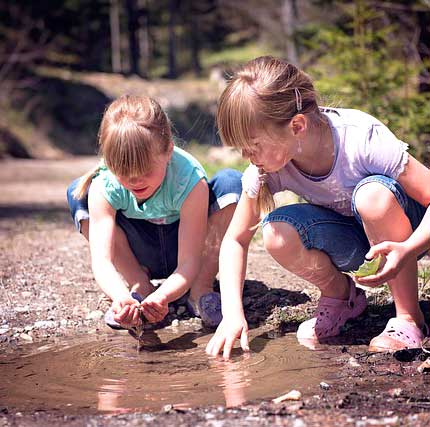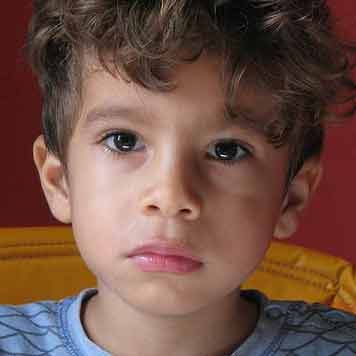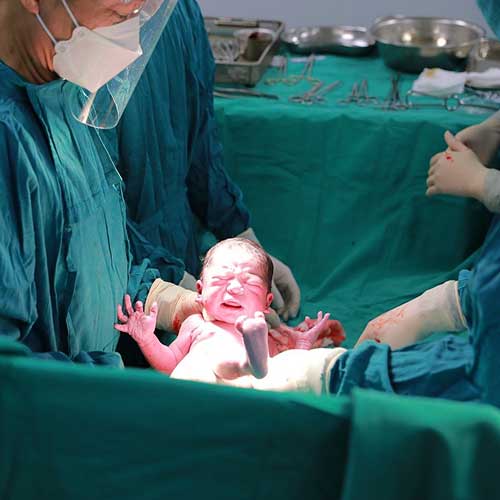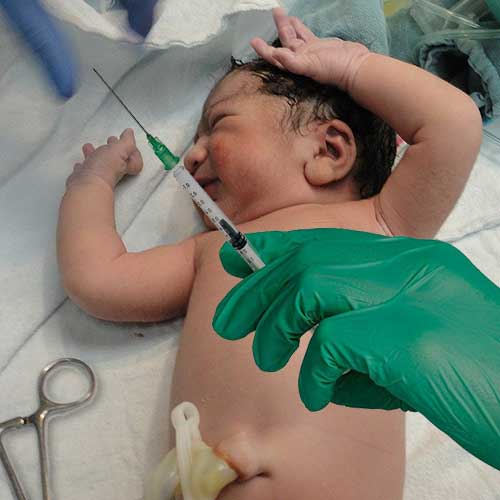Feeling welcome
back in the terranaut suit
“Feeling welcome” is certainly an aspect that is important not only for our children. It makes a big difference for everyone on their journey to have this feeling or not. How important is it then for our children?
Why it is difficult for us to make children feel welcome
When we consider the meaning of life, the following three or four questions occasionally arise:
As important as this topic is, it does not appear very often in our lesson plans. These three questions are rather asked in the light muse of a regulars’ table philosophy with a rather short half-life. For the future of our children it will be all the more important to clarify and internalize the truth about BEING or about the “I Am” consciousness.
There are two great days in a person’s life: The day we are born and the day we discover why.
Mark Twain
The awareness of the meaning of life gives us a higher perspective and leads us to spirituality. This is the “spirit” in which we can make our children feeling welcome much more easily.
In our material world, unfortunately, we are less concerned with “being” than with “having” and “wanting to become”.
Of “BEING” and “WANTING TO BECOME” …
What do you want to be when you grow up?
We ask our children this regularly, making it clear that they are “NOTHING” yet. We should now ask ourselves whether they feel welcome with this impulse.

When we observe children attentively, when we look into their souls especially through their eyes, we discover that they obviously have a mission. They want to play and discover in the process. They want to explore and investigate. They do this with incredible potential at a correspondingly rapid pace. They needed for this a natural way according to their nature.
However, children develop very specific skills at very specific ages.
Unfortunately, we do everything to prevent this mission. In the process, we have long been in such a state of limitation that we no longer even notice that we are not only not supporting our children, but also leading them into this limitation.
Encourage the “want”, not suppress it
Surely everyone has listened to a child who expressed: “I want…”!
Likewise, everyone has probably heard the response of an (annoyed) adult:
“You have nothing to want here,
that is: I would like… PLEASE!”

This sentence should cause a very large pain point for every child, which is spontaneously reflected in the eyes. This pain point causes permanent damage. Such remarks have long since advanced to fixed beliefs. They hide in many variations in countless places in our habitual language world. Taken as a whole, such misdirections constitute what we call child rearing.
The WANT – An important aspect of feeling welcome!
Our children HAVE to WANT something here! Merely a “would like” is not enough. It is too weak when you consider that actual action requires real wanting.
In this sense, then, we want to meet our children, always with the awareness of their mission and, accordingly, with the deep desire in the heart space:
I WANT YOU TO BE,
YOU ARE LOVE!
Most certainly, we must not only expand our knowledge and awareness, but also change the civilizational framework.
Beware of indoctrination
The lyrics of a probably very often sung german children’s song should just be let sink in without thinking about China:
As is well known, what is “good” is decided by society, controlled by politics and the media. In 2020, it was suddenly “good” to avoid contact with grandparents, who, as we know, belong to a vulnerable group and could die if …
As is well known, what is “good” is decided by society, controlled by politics and the media. In 2020, it was suddenly “good” to avoid contact with grandparents, who, as we know, belong to a vulnerable group and could die if …
Let’s also think about the reversal that lies in the statement of such a song text and ask ourselves how many “mistakes” we make so.
The prenatal dimension and birth. Where “Feeling welcome” begins.
Let’s take a step back. Let’s go to the phase in which our children are in the approach. Certainly, the prenatal dimension is part of the aspect of feeling welcome. So, for example, how about the painless birth? As originally intended, as before? You don’t believe that?

Admittedly, that was a very long time ago and, like everything else original, has been manipulated away. But we should definitely give our children (and mothers) such a welcome-feeling gift. Fear-free pregnancy included. After that, the first years of life, we should ensure a deep connection in which the mother has the main role. Before that, we must ensure that a mother is allowed to have this important role again at all.
The painless birth
An excerpt from the book: “Golden Fields” Walks with Adama, chapter: “How the birth was originally”.
Translated with DeepL
[…]
My dearly beloved, this is your friend Adama of Telos speaking. Eve was kind enough to take some time to send a message, as there is some urgency. Don, Esu, CM and Monjoronson have had a dialogue about Gaia and about letting go of her parental role, and I would like to cross at this point to clarify a bit more the process of birth as we view it here in Telos.
In the sign of the times, there have already been efforts to remember the original insights and to transform the process of birth into a highly vibrational, positive experience. Labels such as “The gentle birth”, “The natural birth” and “Privacy” or “The orgasmic birth” stand as testimony to this. The transformation of the programming of a pain experience propagated as “certainty”, shaped by the energetic power of the word “labour”, is an essential aspect of this. Changing other circumstances that have a negative effect are additional keys to a low-pain or even pain-free birth.
In the new time in God’s order we will be aware of the divine power of manifestation and know: “Thoughts create reality”.
Own experience in the delivery room
But let’s stay on topic for a bit. As a father of three, I have been present in the delivery room three times when my children were born. In retrospect and with today’s sensitivity, I now shudder retrospectively. Not only can I fully comprehend Adama’s explanations, but I maintain that the children here on the surface of the earth – as he so beautifully puts it from his perspective – experience the path to daylight downright under torture.
Are we experiencing torture methods in childbirth?
In any case, what we can first establish is that the vast majority of births take place in a hospital, i.e. in a place where sick people are in order to be cured. So a birth is declared as a disease and paid by a health insurance. Not infrequently, a birth resembles the scenario of an operation. Forceps, suction cup, perineal scalpel are “tools” of “modern” medicine.

And instead of letting the baby see a – perhaps preferably – gentle (day) light, the very first thing that happens in such a morbid “ambience” is that it is blinded by a light-intensive LED surgical lamp.
In such a hospital I noticed very consciously during the third birth, where I was allowed to be present as an expectant father, that the beeping of the CTG (“labor recorder”), which also acoustically reflects the heart sounds of the unborn child, was extremely annoying.

A monotonous beeping, for hours, which emits something threatening when the baby’s heart rate rises and falls, even when you know the reasons for these frequency changes. The baby itself should not be aware of these reasons.
When I asked whether the acoustic signal could not be switched off, I was told that the monitoring was for safety purposes and that switching off the signal was against the regulations.
Today I ask myself how a still unborn baby might feel with these monotonous, “alarming” frequencies for hours on end. I am sure: Like many other things, for example the very harmful radiation exposure from wifi and smartphones, this must be a thing of the past!
After birth, a baby is then given brief contact with its mother, only to be snatched away from her again after a short time for the purpose of “further processing”.
The toxic injection – Established and accepted
It is not long before the first needle is inserted through the skin into the body. Just a “little prick” to supply the infant with substances like arsenic, aluminum hydroxide or mercury under the guise of “vaccination health”. Under the constraints of a growth-oriented monetary system, the pharmaceutical industry cannot be blamed for making a profit from future patient influx, and parents just mean well.

We abolish it!














